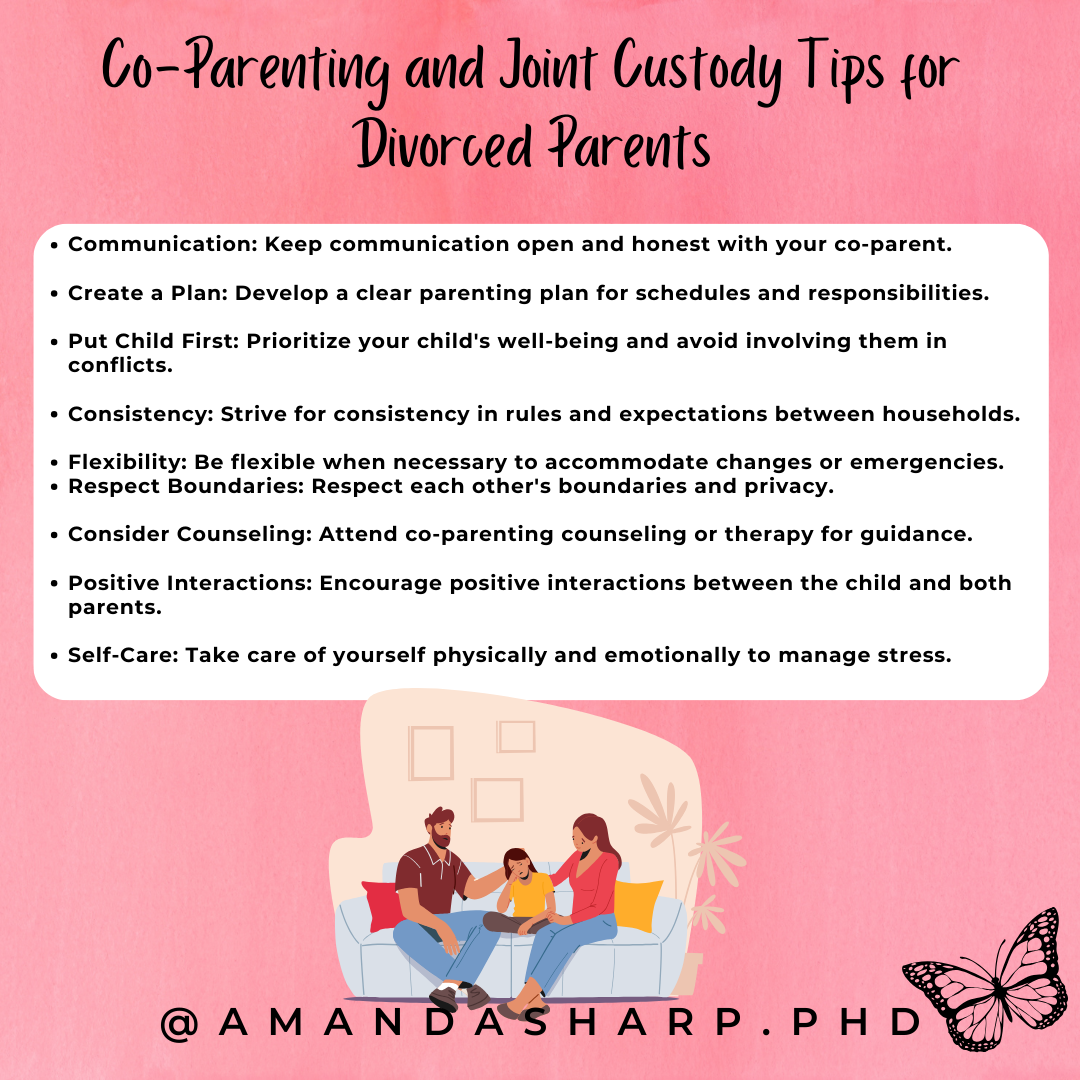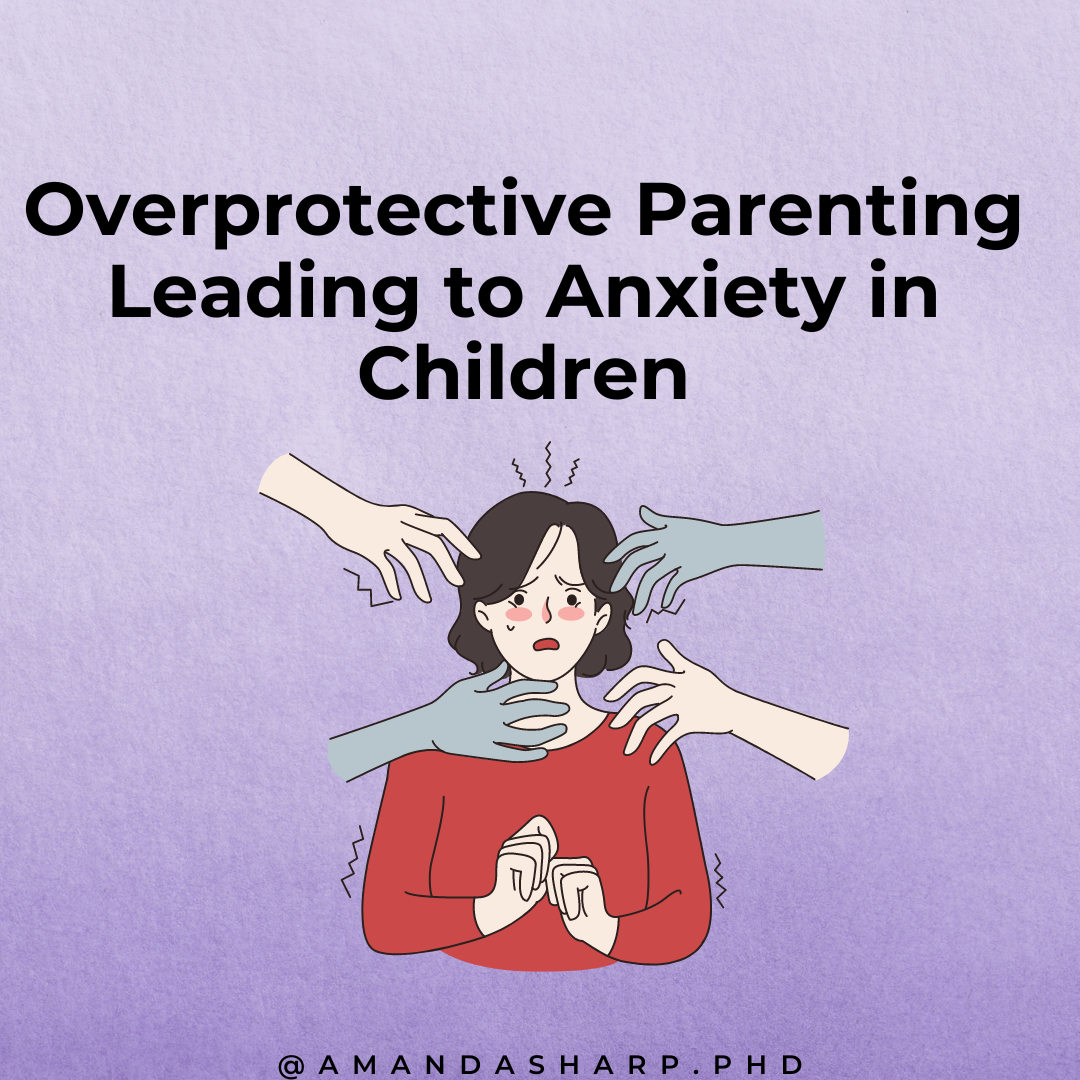
Behavior and Parent Consulting Services in San Antonio, TX
Do You Ever Think “What else can I do?”
Have you noticed yourself doubting your parenting skills? Do you ever think you could do something differently to support your child or youth socially, behaviorally, or emotionally?
Parenting is hard, not because you’re doing it wrong… but because it is! Our parent and behavior consultants help parents with understanding the connection between emotional needs and behaviors, regardless of their child’s age.
Our parent and behavior consultants at Monarch Behavioral Health use a strengths-based approach that incorporates sharing our knowledge with parents and caregivers and including them in sessions as much as possible to help you become the parent you’re destined to be.
Here are some ways a behavior consultant can provide assistance with
build parenting confidence and skills
provide tools and strategies parents can use immediately and draw from your family’s strengths
manage parent-child conflict with relationship-based interventions
identifying specific areas that need support in order to successfully manage stressful situations
education and training on effective strategies to support social development.
This may include guidance on positive reinforcement, modeling appropriate behavior, setting clear expectations, and promoting communication skills.
behavior management techniques to address challenging behaviors that may hinder social interactions.
This can involve strategies such as implementing consistent consequences, using visual supports, and establishing routines.
social skills training programs for individuals of all ages.
These programs can involve structured activities, role-playing, and interactions to practice and reinforce appropriate social behaviors.
By providing comprehensive support, guidance, and evidence-based interventions, a behavior consultant can empower parents and children to develop and improve their social skills at various stages of life.
Emotional and Behavior Regulation Support
All Parents Run Into Behavior Difficulties With Their Children
No family or home environment is perfect. Even if it seems like those around us have it all figured out, the likelihood is that everyone struggles or wants to change something at home. A Behavior Consultant can play a crucial role in addressing emotional dysregulation in children and teaching parents effective strategies to meet their child's needs. Our behavior consultants can help:
educate parents about the concept of emotional dysregulation, helping them understand the factors that contribute to it and its impact on their child's behavior and well-being. This knowledge enables parents to approach their child's challenges with empathy and understanding.
identify the child's emotional regulation skills, identify triggers and patterns, and develop individualized plans to address specific needs. These plans may include strategies to help the child recognize and label emotions, regulate emotional responses, and develop coping mechanisms.
educate parents about the underlying causes of emotional dysregulation and equip them with effective strategies to support their child. This includes teaching parents techniques such as emotion coaching, active listening, validating feelings, and providing appropriate guidance and boundaries.
guide parents in adopting a collaborative problem-solving approach, helping them work with their child to find mutually beneficial solutions. This approach encourages open communication, empathy, and compromise, empowering the child to take an active role in managing their emotions and addressing their needs.
demonstrate and encourage parents to model healthy emotional regulation strategies for their child. Through role-playing, parents can practice and refine their skills in responding to their child's emotional dysregulation effectively.
emphasize the importance of self-care for parents, as their own well-being directly influences their ability to support their child. Consultants can provide guidance on stress management techniques, self-care strategies, and accessing appropriate support networks.
show parents how to track their child’s progress, provide ongoing feedback, make necessary adjustments to the intervention plan, and help parents monitor and celebrate their child's achievements in emotional regulation.
Social Skills Training
for ages 18 month through age 21
Recognizing where you or your child struggles with social interactions and how to overcome those problem areas can be difficult. Social skills training can be beneficial for individuals of all ages. While it is often associated with children and adolescents, social skills training can also be effective for teens, and adult. Whether you need help with a specific situation or you want to feel more confident in your interactions, our behavior consultants at Monarch Behavioral Health can support your goals.
Here's how social skills training can be applied across different age groups:
Social skills training for children and adolescents typically focuses on developing foundational skills such as active listening, turn-taking, sharing, problem-solving, empathy, and assertiveness. It often involves structured activities, role-playing, and modeling appropriate behaviors. The goal is to help young individuals understand social cues, navigate social interactions, and establish positive relationships with peers.
With teens, social skills training often expands on the foundational skills developed in childhood and adolescence. It may address more complex social dynamics, such as conflict resolution, peer pressure, dating, and communication in various contexts. The training can also emphasize skills relevant to academic and vocational settings, such as teamwork, leadership, and interview skills.
In adults, social skills training can be beneficial for individuals who struggle with social interactions, have social anxiety, or wish to improve their communication and relationship-building skills. It may involve enhancing skills such as active listening, assertiveness, conflict resolution, emotional intelligence, networking, and effective communication in professional settings. Social skills training can be particularly useful in helping adults navigate workplace dynamics and develop positive social connections. The training can promote social participation, reduce isolation, and support overall mental well-being.
Overall, social skills training is a valuable tool for individuals of all ages to enhance their social competence, improve relationships, and navigate various social contexts more effectively.
Executive functioning Support
A behavior consultant can support executive functioning skills by implementing various strategies and interventions tailored to the individual's specific needs.
Here are some ways a behavior consultant can provide support:
Skill Building and Strategies: teach and model specific strategies of breaking tasks into smaller steps, using visual aids or reminders, implementing organizational systems, and practicing time management techniques.
Environmental Modifications: helping you in creating a structured and organized workspace, reducing distractions, and implementing visual cues or schedules to promote task initiation and completion.
Self-Monitoring and Self-Regulation: helping develop awareness of behaviors, emotions, and thought processes, as well as implementing strategies to manage impulsivity, prioritize tasks, and regulate emotions effectively.
Cognitive and Metacognitive Strategies: teaching cognitive strategies such as problem-solving techniques, flexible thinking, and decision-making processes.
Task Analysis and Chunking: help you break down complex tasks into smaller, manageable steps through task analysis. This helps the individual better understand the components of a task and approach it systematically. Chunking information into smaller groups can also aid in memory and information processing.
Behavior Management Techniques: teach how to use reinforcement strategies, implement reward systems, or provide prompts and cues to support task initiation, completion, and sustained attention.
What to Expect With Our Behavior Consultants
Consultation can include caregivers/parents one-on-one, caregivers and the youth, or we can see youth one-on-one. It all depends on what’s best for you and your family. During sessions, you can expect that we will offer you support and guidance. Together, with the consultant, you will identify challenges, strategies, resources, and create an action plan for the week.
We will help you identify current struggles, discuss patterns in your behavior, and explore what is reinforcing this behavior and how it could be affecting you now.
Along the way, we want to offer inspiration, encouragement, and insight. We believe you’re doing the best you can and that’s why we’re here to support you. The goal is to develop a plan that works for your family and gives you confidence and peace.
Tailored To Your Needs
As behavior consultants, we will explore evidence-based techniques for navigating your challenges. By providing education, guidance, and hands-on support, behavior consultants can help parents develop the necessary skills to address emotional dysregulation in their children effectively. This collaborative approach fosters a nurturing environment where children can learn to manage their emotions, develop resilience, and thrive socially and emotionally. Our behavior consultants will provide ongoing support, guidance, and troubleshooting to address any challenges that arise, ensuring sustained growth and improvement.
But You May Still Have Questions About Behavior Consultation…
I’m still confused about the difference between therapy and behavior consultation services
Behavior Consultation Services are not therapy. While therapy aims to diagnose and treat mental health problems, Behavior Consultation Services are designed to help better understand yourself, your children, learn to connect and set limits in positive ways, and more effectively manage specific problems. If over the course of receiving Behavior Consultation Services, or your behavior consultant believes therapy is warranted, we will refer you towards appropriate resources; however, it will ultimately be your responsibility to find a suitable therapist.
What if I already have a therapist?
Behavior Consultation Services may continue during the time that the therapy is taking place. If behavior consultation continues along with therapy services, behavior consultation services are considered training in a specific set of skills, and is complementary to the therapy someone is receiving.
Can I use my insurance to pay for behavior consultation services?
Behavior Consultation and Parent Coaching Services are not covered by insurance. These services do not diagnose. These are services at a private pay rate only.
Behavior Consultation Services Can Help You Improve Your Parenting, Social Skills, & Executive Functioning
With our behavior consulting services, you can let go of what’s holding you back and get to a place where you feel good about relying on your decisions and problem-solving skills. To start your journey, you can contact Monarch Behavioral Health.
Contact Us
By submitting this form via this web portal, you acknowledge and accept the risks of communicating your health information via this unencrypted email and electronic messaging and wish to continue despite those risks. Standard message and data rates may apply. You have the right to opt-out of receiving messages at any time. To OPT-OUT, reply "STOP" to any text message you receive from us. By clicking "Submit" you agree to hold Monarch Behavioral Health, PLLC harmless for unauthorized use, disclosure, or access of your protected health information sent via this electronic means.








